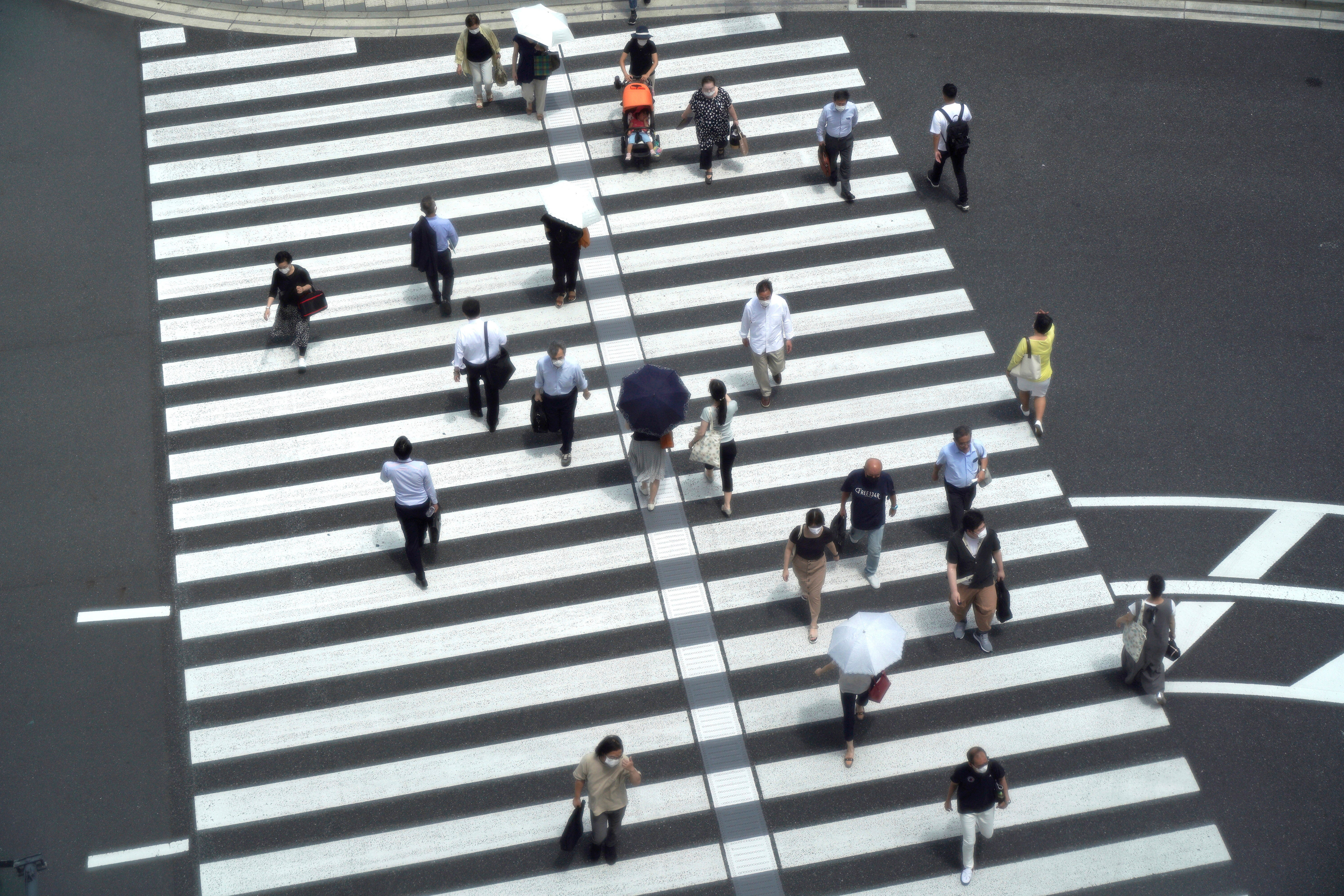Japan to widen virus emergency after record spike amid Games
Japan is set to expand the coronavirus state of emergency in Tokyo to neighboring areas and the western city of Osaka in the wake of record-breaking surge in infections while the capital hosts the Olympics

Japan is set to expand the coronavirus state of emergency in Tokyo to neighboring areas and the western city of Osaka on Friday in the wake of record-breaking surge in infections while the capital hosts the Olympics.
A government panel approved the plan putting Saitama, Kanagawa and Chiba as well as Osaka, under the state of emergency from Monday until Aug. 31. The measures already in place in Tokyo and the southern island of Okinawa will be extended until the end of August.
Prime Minister Yoshihide Suga is scheduled to officially announce the measures later Friday. Five other areas, including Hokkaido, Kyoto, Hyogo and Fukuoka, will be placed under less-stringent emergency restrictions.
Tokyo has reported a record rise in cases for three days in a row, including 3,865 on Thursday. The cases have doubled since last week, and officials have warned they may hit 4,500 a day within two weeks.
Officials said 2,995 were hospitalized, about half the current capacity of 6,000 beds, with some hospitals already full. More than 10,000 others were isolating at home or designated hotels, with nearly 5,600 waiting at home while health centers decide where they will be treated.
At Friday's meeting of government experts, Health Minister Norihisa Tamura said the spike in Tokyo despite being under the state of emergency for two weeks is an “alarming development that is different from anything we have seen before.”
Nationwide, Japan reported 10,687 confirmed cases Thursday, exceeding 10,000 for the first time. It has recorded 15,166 fatalities from COVID-19, including 2,288 in Tokyo, since the pandemic began.
Japan has kept its cases and deaths lower than many other countries, but its seven-day rolling average is growing and now stands at 28 per 100,000 people nationwide and 88 per 100,000 in Tokyo, according to the Health Ministry. This compares to 18.5 in the United States, 48 in Britain and 2.8 in India, according to data from Johns Hopkins University.
The emergency measures focus on an alcohol ban at eateries and karaoke bars and their shortened hours, but they have become less effective because people are only requested to stay and work from home. Many were defying the measures at a time when the more infectious delta strain is spreading.
Tokyo Gov. Yuriko Koike noted that adults in their 30s or younger dominate recent cases and reminded them of following basic anti-virus measures including mask-wearing and avoiding having parties.
As of Thursday, 27% of the Japanese population has been fully vaccinated. The percentage of the elderly who are fully vaccinated is 71.5%.
Bookmark popover
Removed from bookmarks